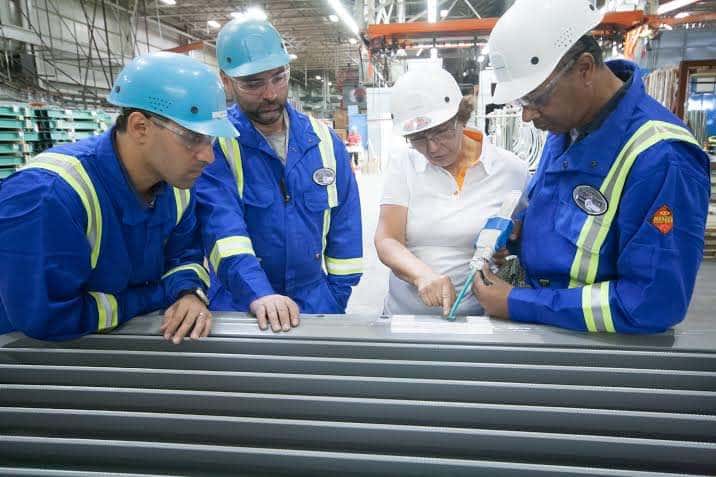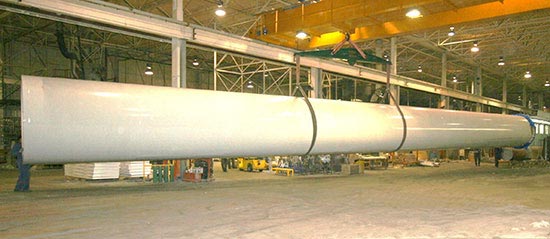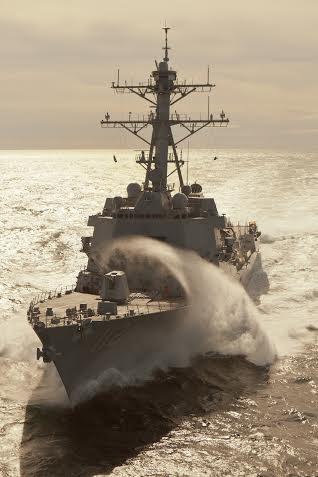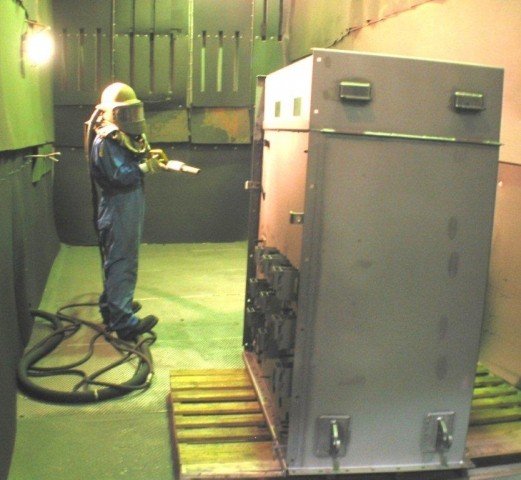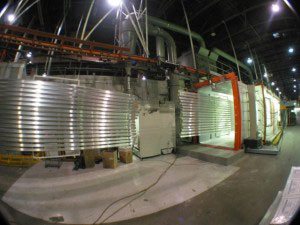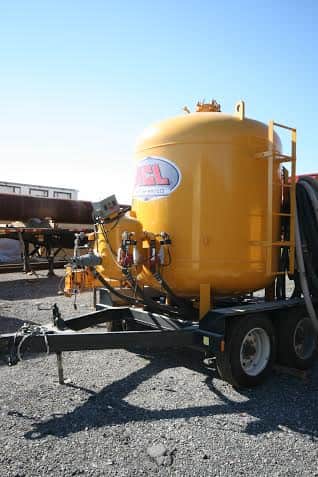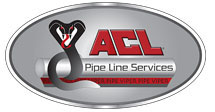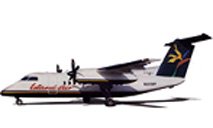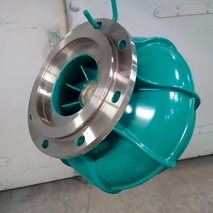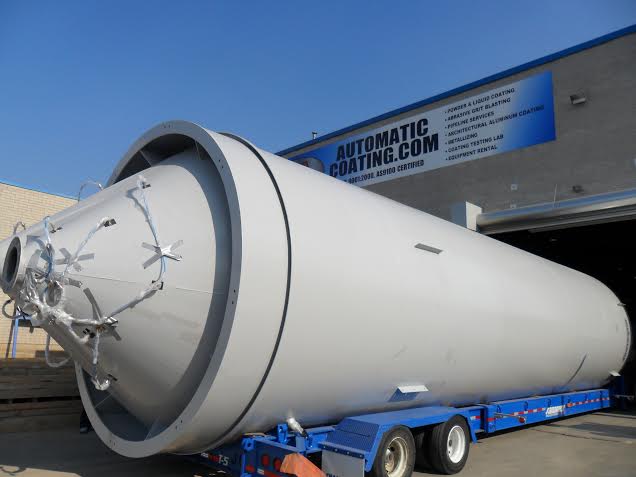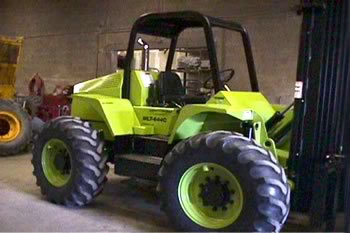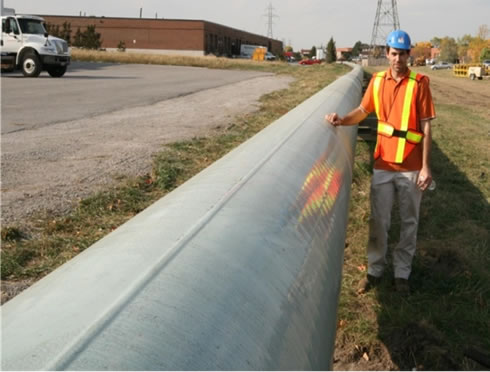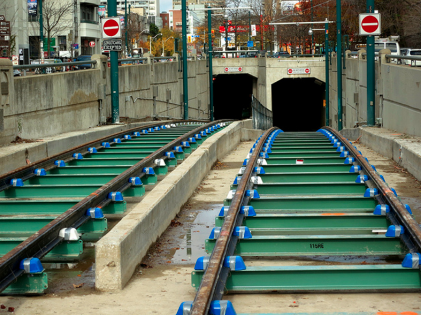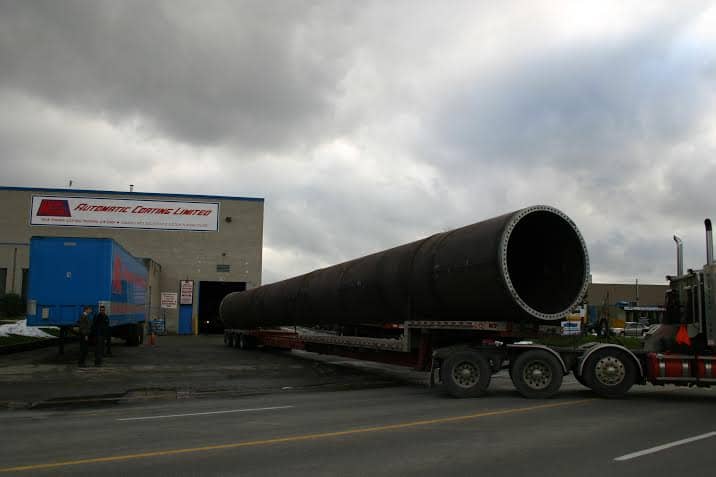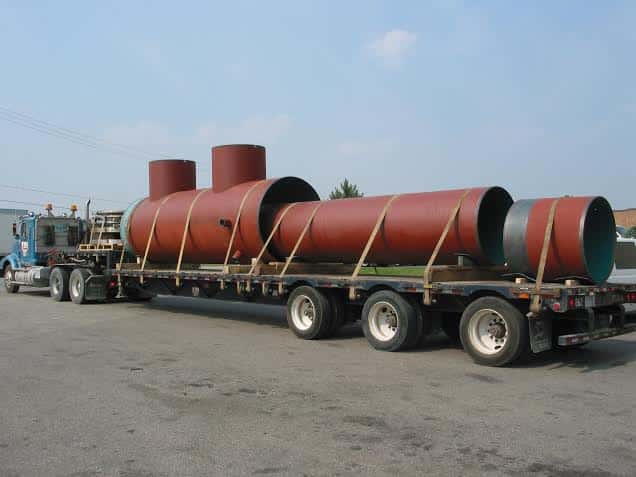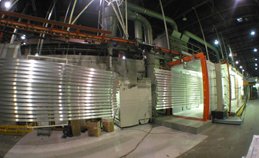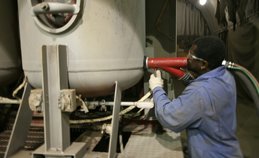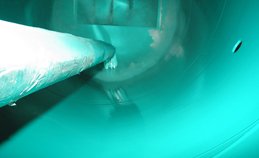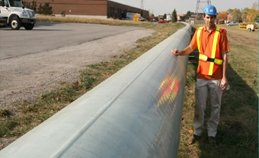ACL specializes in powder coating custom solutions in Toronto, providing exceptional service in the following areas: architectural aluminum, corrosion and decorative. Items as small as a pen and as large as a 10,000 pound pipe are successfully and economically coated in order to withstand hostile environments including under-sea, mines and paper mills. Powder coating is also excellent at withstanding exposure to chemicals, inclement weather, humidity, abrasion and other conditions detrimental to performance and appearance. Powder coating decreases the wear and tear of the finish, resulting in decreased maintenance cost and greater life cycle of the parts.
ACL has the ability to coat any item in single to multi-coat electrostatic powder coating and single and multi-coat fluid bed coating services. ACL Toronto is also an approved source for military and automotive coatings. ACL is truly your one-stop coating service shop in Toronto.
ACL distinguishes itself from our competition in three main areas; (1) state of the art equipment, (2) world class pretreatment and (3) processes which result in a higher quality finish and longer life cycle.
State of the Art Powder Coating Equipment
ACL has invested in state of the art powder coating equipment that is second to none in the industry. This affords ACL to provide the ability to provide premier quality finished products and services to our customers at an economic price in Toronto. Our conveyor coating lines handle all shapes and sizes up to 35 feet long, eight feet high, and four feet wide in medium to large quantity batches. ACL also has several batch systems in place to handle larger sizes and/or smaller quantities. In addition ACL has installed high quality spray booths to ensure that all our custom jobs received the highest quality, workmanship for maximum life span in Toronto.

Quality Powder Coating Methodology
Electrostatic Process
ACL is pleased to offer our customers the electrostatic powder coating process. ACL utilize the latest generation of automatic ITWGema PLC controlled equipment with parts scanning and quick color change This equipment allows ACL to ensure that it provides their customers with consistent high quality powder coating services.
This state of the art technology allows ACL greater flexibility in terms of coating applications and faster turnaround time on parts. ACL has the technology and processes to complete your powder coating jobs with quality and consistency. ACL is your powder coating expert in Toronto with a proven track record in the industry.
Fluid Bed Process
In addition to the electrostatic process, ACL offers the most state of the art fluid beds dip systems in the industry. We have been providing our customers the fluid bed process since the 1960’s in Toronto, which makes us the foremost expert in the fluid bed dip process. ACL has designed automated equipment in This affords better quality and accurate repeatable results along with consistent high quality powder coating services. our customers’ specific requirements. It is this flexibility and innovation which sets ACL apart in the industry. In addition ACL can design and build equipment for your premises based on your custom needs.
Pretreatment
A key component of our coating procedure is the preparation of the metal substrate to enhance bond strength, which ensures lasting protection and appearance. We are equipped for aluminum conversion coating, five stage iron and zinc phosphate with reverse osmosis, grit blasting, abrasive tumbling, steam cleaning, chemical etching and phosphatizing articles of all shapes and sizes. ACL has designed an automated wheelabrator system to automatically blast pipe for all industries. Our project managers are skilled in determining the proper procedure to achieve optimal results for your job.
Back
What Is pipe coating and How Does It Work?
To protect pipes from corrosion, abrasion, and other types of harm, a protective coating is applied to their surface. It entails applying various coatings, including epoxy, polyethylene, and polyurethane, using a variety of techniques, including spraying, brushing, and dipping.
What is the process of pipe coating in ACL?
Pipe coating is a process that coats the surface of a pipe with a protective layer to shield it from corrosion and other types of harm. The following steps are typically included in ACL's (Anti-Corrosion Limited) pipe-coating process:
Surface preparation: The pipe's surface is cleaned and made ready by being free of any rust, grease, or other impurities that could hinder the coating's adhesion.
Pre-heating: To ensure that the coating material will adhere properly, the pipe is pre-heated to a specific temperature.
Application of the coating: Several methods, including rolling, brushing, and spraying, are used to apply the coating material to the pipe's surface.
Curing: Depending on the kind of coating material used, the coated pipe is either exposed to high temperatures or outside air to cure.
To make sure it adheres to the necessary quality standards, the coated pipe is examined.
Why choose ACL for pipe coating?
In order to prevent pipelines from deteriorating and failing due to exposure to harsh environments, anti-corrosion coatings are crucial. The application of an abrasion-resistant, fusion-bonded epoxy coating known as ACL or an Abrasion-Resistant Overcoat Layer is one of the many popular anti-corrosion coating options available.
Here are some explanations for why ACL is a top option for pipe coating:
Superior Corrosion Resistance: ACL protects pipelines from corrosion very well, especially in hostile environments. This coating has a high resistance to substances that cause corrosion, including moisture, chemicals, and other environmental factors.
ACL is specifically created to give the surface of the pipe a high level of abrasion resistance, making it appropriate for use in pipelines exposed to abrasive materials or frequently subject to mechanical impacts.
Thermal Stability: ACL coatings are very heat resistant, making them appropriate for use in pipelines carrying hot gases or fluids.
ACL coatings have a long lifespan, which lessens the need for routine maintenance or repainting. As a result, it offers pipeline operators a cost-effective alternative.
Environmentally Friendly: Since ACL coatings don't contain any solvents, they're a good choice for coating pipelines.
In conclusion, ACL offers excellent corrosion and abrasion resistance, thermal stability, longevity, and environmental friendliness, making it a preferred option for pipe coating.
Can powder coating be used on galvanized steel?
It is possible to powder coat galvanized steel. An attractive and long-lasting finish is produced by powder coating, a process in which a dry powder is applied to a metal surface and heated. Powder coating can also protect galvanized steel, which has been covered in a layer of zinc to prevent corrosion.
When powder coating galvanized steel, there are a few things to keep in mind. A rough or uneven surface finish may result from a reaction between the powder coating material and the zinc coating on galvanized steel. Galvanized steel must be properly prepared in order to receive a successful powder coating.
Is powder coating rust-resistant or not?
A tough and protective finish used on a variety of metal surfaces is powder coating. It's crucial to understand that rust cannot be stopped or prevented from forming on a metal surface by powder coating. In fact, to ensure proper adhesion and performance of the coating, any rust that is present on the metal before powder coating should be removed.
Iron oxide is produced when iron or steel reacts with oxygen and moisture to form rust. Before putting on the powder coating, any rusty metal surfaces need to be thoroughly cleaned and treated. This usually entails mechanically removing the rust through sanding, grinding, or the use of chemical rust converters. after the rust is eliminated
Can fiberglass be powder coated?
Powder coating is generally not suitable for fiberglass materials. Powder coating relies on heat to melt and fuse the powder particles onto the surface being coated. Fiberglass, being a composite material made of reinforced plastic, can be sensitive to high temperatures.
The high curing temperatures required for powder coating, typically around 300 to 400 degrees Fahrenheit (150 to 200 degrees Celsius), can potentially damage or deform fiberglass. Excessive heat can cause the resin in the fiberglass to soften, leading to warping, bubbling, or distortion of the material.
Instead of powder coating, other coating options are typically used for fiberglass surfaces. These can include gel coating, spray painting, or using specialized coatings designed specifically for fiberglass materials. These alternatives take into account the specific characteristics of fiberglass and provide suitable adhesion and durability without subjecting the material to high temperatures that can cause damage.


